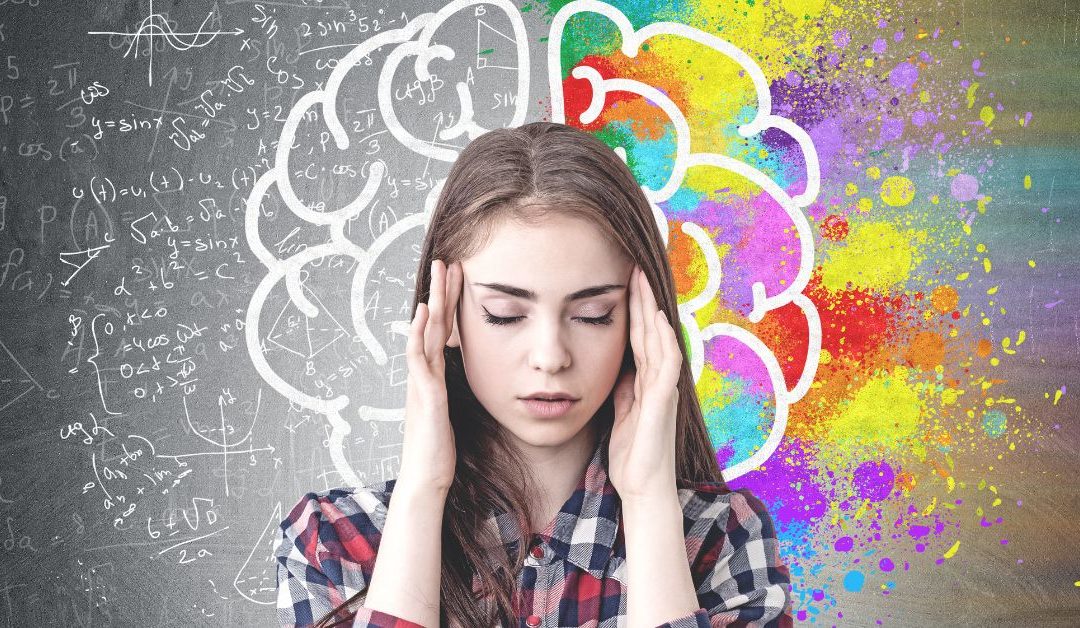In this training, teachers will gain working knowledge of how the brain develops as the foundation for developing an understanding of the brain reasons for behavior. From this place, teachers will lean the importance of attuning to a child’s “interior landscape” as a first step toward formulating an individualized, responsive approach for teaching each child.
When adults direct and correct children more than they ask open-ended questions, narrate their actions, or validate their thoughts and feelings, they risk draining the child’s safety, satisfaction and connection needs which puts them at risk of challenging behavior.
Instead of directions and corrections, teachers consider the child’s perspective: what are his thoughts, feelings, bodily sensations and how do they impact his ability to learn in this moment? Further, is my behavior helping integrate the child’s brain for learning by creating a sense of feeling seen, safe, soothed and secure….or are my words and body language conveying shame, blame, or threat which can lead to challenges in behavior and learning?
When adults understand the brain reasons for behavior, they find it easier to update their “software” about children’s behavior i.e., their beliefs, perceptions, and behaviors. With this, adults may replace habitual ways of reacting to children with practices based on science. The result is the adult works smarter, not harder, and children feels seen, soothed, safe, and secure. Attuned interactions are at the foundation of this approach.
This training can be stand alone or part of the “Teaching with the Brain in Mind” series and adapted for infant, toddler, pre-school through sixth grade.

